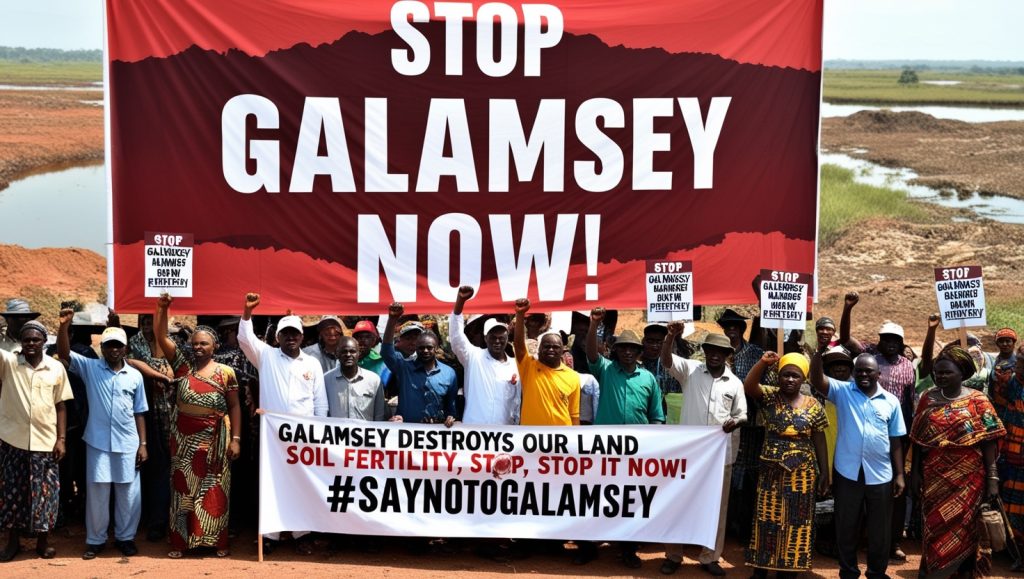The Association of Professional Development Communicators–Ghana (APDC-Ghana) has voiced its concern over the ongoing illegal mining crisis, commonly known as galamsey, and is calling for research-based solutions to effectively address the issue.
APDC-Ghana, after closely monitoring the escalating environmental damage and societal harm caused by galamsey, emphasized that previous government-led efforts, such as Operation Vanguard and Operation Halt, though well-intentioned, have only provided temporary relief.
These initiatives, including equipment seizures and drone monitoring, failed to address the root causes of illegal mining or offer sustainable alternatives for affected communities.
In response, APDC-Ghana is advocating for a multi-pronged strategy that prioritizes research and community engagement. The group’s key recommendations include:
1. Conducting in-depth research in galamsey-affected areas to understand the socio-economic factors driving illegal mining activities.
2. Holding town hall meetings with local communities to gather insights and explore alternative livelihoods for those dependent on illegal mining.
3. Reviewing and reassessing small-scale mining licenses to ensure greater accountability and strict compliance with environmental standards.
4. Implementing an immediate halt to small-scale mining operations to allow for proper identification and assessment of mining sites.
The association also called for the immediate launch of a multi-stakeholder research initiative aimed at developing pilot programs that will create sustainable employment opportunities, particularly for the youth in affected regions.
As development communicators, APDC-Ghana is committed to promoting dialogue between communities and policymakers. Their goal is to ensure that solutions are informed by research, driven by the needs of the communities, and focused on fostering lasting behavior change.
The association believes that a shift from solely enforcement-based measures to more empathetic, research-driven, and community-centered approaches is crucial for long-term success in combating illegal mining.
